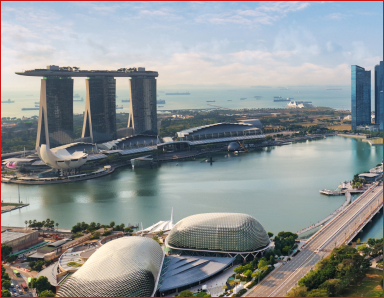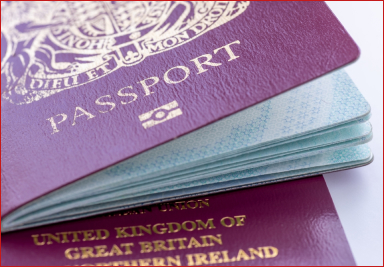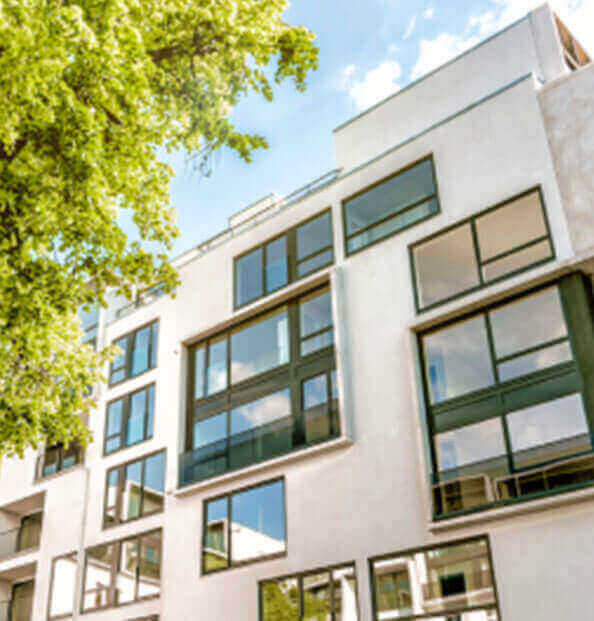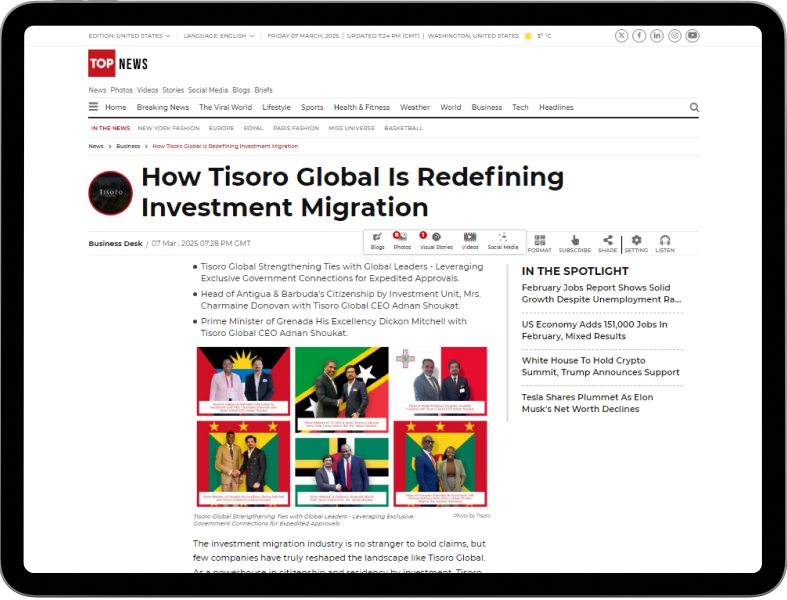In recent years, Portugal has emerged as a prime destination for investors seeking new opportunities, thanks in part to its Golden Visa program. Launched in 2012, this initiative has attracted thousands of foreign investors, providing them with a pathway to residency in exchange for a significant financial contribution to the country. As we look toward the future, the interplay between Portugal’s Golden Visa program and sustainability becomes increasingly critical, shaping not only the investment landscape but also the broader socio-economic and environmental context of the nation.
At its core, the Golden Visa program was designed to stimulate the Portuguese economy by attracting foreign capital, particularly in real estate. The program allows non-EU nationals to acquire residency permits by investing a minimum amount in property or creating jobs within Portugal. This influx of investment has been instrumental in rejuvenating cities like Lisbon and Porto, where revitalization projects have transformed once-neglected neighborhoods into vibrant, desirable locations. However, the rapid growth in real estate has also led to concerns about gentrification and its impact on local communities, raising questions about the long-term sustainability of such investments.
As Portugal grapples with the challenges of balancing economic growth and social equity, the Golden Visa program is increasingly being viewed through the lens of sustainability. Investors and policymakers are beginning to recognize that a sustainable approach to investment must go beyond mere economic gain; it must also consider environmental impact and social responsibility. This shift is crucial as the country faces pressing issues such as climate change, resource depletion, and social inequality.
One way the Golden Visa program is adapting to these sustainability concerns is through an emphasis on green investments. In recent years, the Portuguese government has introduced options within the program that prioritize environmentally friendly projects. Investors are now encouraged to consider renewable energy initiatives, sustainable tourism, and eco-friendly construction practices. This not only aligns with Portugal’s commitment to the European Union’s Green Deal but also positions the country as a leader in the global shift towards sustainable investment.
For instance, the government has started to promote investments in renewable energy, such as solar and wind power, which not only contribute to the national energy transition but also provide attractive returns for investors. Sustainable tourism, another area of focus, offers opportunities for foreign investors to engage in projects that preserve Portugal’s rich cultural heritage while promoting eco-conscious travel practices. By integrating sustainability into the Golden Visa framework, Portugal is not only addressing environmental concerns but also creating a more attractive investment climate for socially conscious investors.
Moreover, the concept of sustainable investment extends beyond environmental considerations to encompass social aspects as well. The Golden Visa program is increasingly recognizing the importance of social impact investing, where investors are encouraged to support projects that foster community development and social inclusion. For example, investments in affordable housing or initiatives that support local businesses can help mitigate the adverse effects of gentrification and promote social cohesion within communities. By aligning investment opportunities with social needs, the Golden Visa program can contribute to a more equitable distribution of resources, ultimately benefiting both investors and local residents.
In light of these developments, the future of investment in Portugal, particularly through the lens of the Golden Visa program, appears promising. As more investors become aware of the importance of sustainable practices, the demand for green and socially responsible investment options is likely to grow. This trend could potentially reshape the Portuguese economy, driving innovation and creating a new landscape where sustainability and profitability coexist.
Additionally, as global awareness of climate change and social responsibility increases, Portugal’s Golden Visa program could serve as a model for other countries looking to attract foreign investment while prioritizing sustainability. By showcasing the benefits of integrating sustainable practices into investment frameworks, Portugal can position itself as a pioneer in the realm of responsible investment, attracting a new wave of investors who prioritize ethical considerations alongside financial returns.
However, challenges remain. The Portuguese government must ensure that the Golden Visa program evolves in a way that genuinely promotes sustainability without compromising the quality of life for its citizens. This requires a robust regulatory framework that enforces transparency and accountability in investment practices. Furthermore, ongoing dialogue between the government, investors, and local communities will be essential to address concerns and adapt the program to the changing needs of society.
The future of investment in Portugal, particularly through the Golden Visa program, is intricately linked to sustainability. As the nation navigates the complexities of economic growth, social equity, and environmental responsibility, the Golden Visa program can be a powerful tool for fostering sustainable development. By prioritizing green investments and social impact initiatives, Portugal not only enhances its attractiveness to foreign investors but also takes significant strides toward building a more sustainable and equitable future. As we look ahead, the alignment of investment practices with sustainable principles will be crucial in shaping Portugal’s economic landscape, ensuring that it thrives for generations to come.































